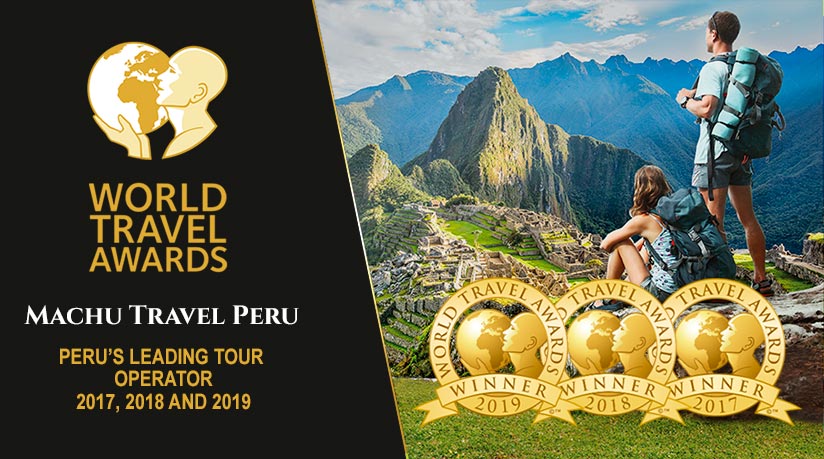Rural communities often struggle with economic and social sustainability, with limited access to resources and opportunities. Ecotourism has emerged as a sustainable approach to rural development, providing opportunities to build livelihoods that preserve natural resources and cultural heritage.
Ecotourism can be defined as responsible travel to natural areas that conserves the environment and improves the well-being of local communities. Ecotourism activities can include hiking, wildlife watching, birding, and cultural immersion experiences. Ecotourism activities are often led by local guides, providing opportunities for community members to earn income from their knowledge and skills.
To build sustainable livelihoods through ecotourism, rural communities must first identify their unique resources and opportunities. For example, a community may have a rich cultural heritage, unique flora and fauna, or breathtaking landscapes. These resources can become the foundation for ecotourism experiences that showcase the community’s assets while conserving the environment.
Building an ecotourism program requires collaboration and cooperation between community members, local government, and other stakeholders such as conservation organizations or tourism operators. Such collaboration can strengthen community bonds, build social capital, and generate shared benefits from ecotourism activities.
Ecotourism can create opportunities for community members to start their own businesses, such as operating homestays or small guesthouses, providing community-led tours or products, and supplying local food and beverage services for visiting tourists. By building tourism enterprises that provide livelihoods for community members, ecotourism can reduce reliance on agriculture and other resource-intensive activities that can negatively impact the environment.
At its core, ecotourism is about promoting sustainable practices that conserve the environment and reduce negative impacts. Sustainable practices can include using renewable energy sources, managing waste responsibly, and minimizing the use of resources such as water and wood.
In order to fully realize the potential of ecotourism to build sustainable livelihoods in rural communities, support is needed to invest in education and training programs, infrastructure development, and marketing and promotion strategies. Government policies and incentive programs can also encourage sustainable tourism development in rural areas.
The benefits of ecotourism extend beyond economic gains. Ecotourism can help to preserve natural and cultural resources, promote environmental conservation and education, and empower local communities to have a voice in tourism management and decision-making.
In summary, ecotourism provides an opportunity for rural communities to build sustainable livelihoods while preserving natural and cultural heritage. By identifying and promoting their unique assets, embracing sustainable practices, and collaborating with stakeholders, ecotourism can generate income, enhance community well-being, and contribute to environmental preservation.
